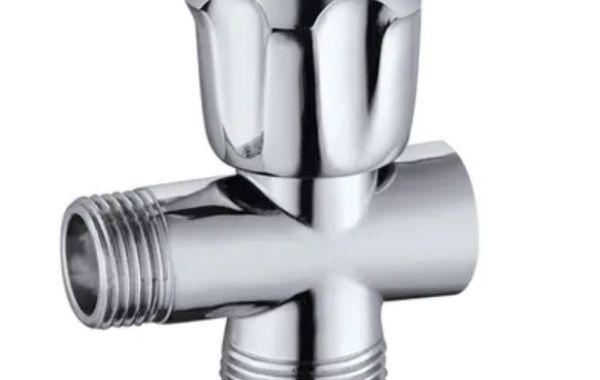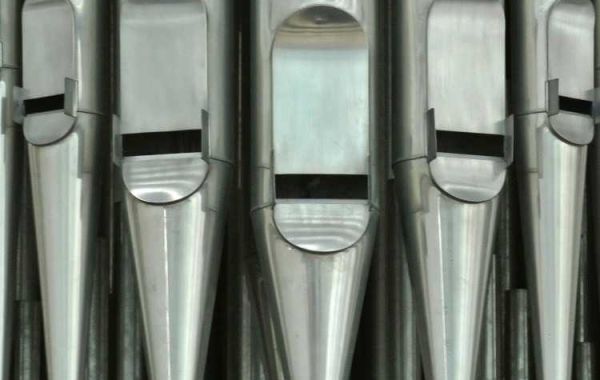Selecting the right micro strainer filter is crucial for ensuring effective filtration and protection of downstream equipment. Several factors should be considered when choosing a micro strainer filter for specific applications.
First, consider the size of the particles that need to be removed. Micro strainer filters come with different mesh sizes, each designed to capture specific particle sizes. Understanding the level of filtration required helps in selecting a filter with the appropriate mesh size.
The material of the filter mesh is another important consideration. Stainless steel is a common choice for its durability and resistance to corrosion. Synthetic materials can also be used, offering flexibility and specific advantages depending on the application. The choice of material affects the filter's longevity and performance in different environments.
The flow rate and pressure requirements of the system also influence the selection of a micro strainer filter. The filter must be capable of handling the flow rate without causing significant pressure drop. Ensuring compatibility with the system's operational parameters is essential for maintaining efficiency and avoiding potential issues.
Ease of maintenance is another factor to consider. Filters that are easy to clean or replace help ensure that the filtration system operates efficiently over time. Some filters come with features that facilitate maintenance, such as removable mesh screens or self-cleaning mechanisms.
Finally, consider the overall cost, including the initial investment and long-term maintenance expenses. While higher-quality filters may have a higher upfront cost, they can offer better performance and longer lifespan, leading to cost savings in the long run.
In conclusion, choosing the right micro strainer filter involves considering particle size, filter material, flow rate and pressure requirements, ease of maintenance, and overall cost. Careful selection ensures effective filtration and protection of the water system.








